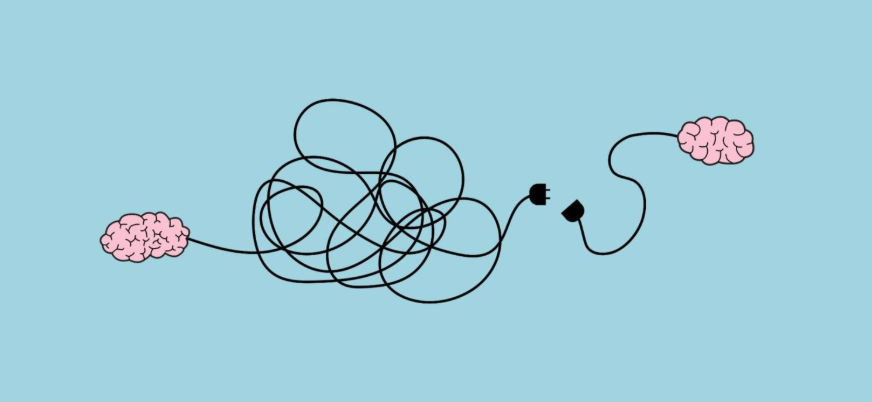The Purpose of Emotions
November 20, 2015
What is Narrative Therapy?
December 10, 2015The Johari Window: What It Is and How to Use One
The Johari Window is a tool used to improve self-awareness and better understand relationships. It was created by two psychologists, Joseph Luft and Harrington Ingham in 1955 and has been implemented by therapists, workplace consultants, and more ever since. There is a set list of adjectives to choose from which Luft and Harrington developed, or you can use your own knowledge and vocabulary unrestrictedly.
Arena
As shown in the grid, the arena consists of the characteristics that are known to self and known to others. These are the aspects of your personality and behaviours that you willingly show to the world.
Façade
The grid shows that the façade is made up of characteristics known to self but not known to others. These are the parts of yourself that you knowingly hide or keep private. It is up to you whether or not to eventually share this information with others.
Blind Spot
The blind spot falls under the categories of known to others but not known to self. This quadrant requires vulnerability and courage to complete. You invite people close to you (e.g., family members, friends, coworkers) to choose from the adjectives or come up with their own that describe you in ways you’re not aware of. Choose a few people who you trust to be honest and respectful. It is also important to remember also that just because someone else has said it, does not make it true.
Unknown
The last quadrant is the unknown because it is not known to self and also not known to others. If using the predetermined list of adjectives, these would be the ones left remaining that were never chosen for the other categories. Alternatively, this quadrant could be used to describe information you’d like to discover or work toward such as purpose or meaning in life.
How to Use It
Going through the process of completing the Johari Window employs reflection which increases self-awareness. Intimacy is developed if you choose to disclose the information from the façade quadrant. Allowing others to give feedback in the blind spot area can build trust when done with sensitivity. It certainly improves self-awareness as you learn things about yourself you previously did not know. Room is made for future growth and exploration as you look at what is left in the unknown category.
Once the window has been filled out, it is a useful resource for learning about yourself and your relationships. If the arena is fullest, you are likely an open and comfortable person. It takes time and effort to achieve this level of understanding and confidence. If the façade is fullest, you may be perceived as secretive and private. If the blind spot is fullest, you may be naïve or engage in behaviours without realizing their consequences. If the unknown is fullest, you are likely quite mysterious. This could be unintentional or a choice to disregard concerns about oneself.
The Johari Window can teach you a lot about yourself, give insight into your relationships with others, and provide guidance for areas of growth as you discover blind spots and work to increase the arena quadrant. If you’d like experience the benefits of this exercise, you can print off the photo above or try out this online tool which utilizes the set list of adjectives.
At Okanagan Clinical Counselling Services, our clinicians use a variety of evidence based approaches and techniques, such as the Johari Window to better help you. OCCS also offers workshops on self-esteem (I Am Worthy), vulnerability, courage (The Power of Vulnerability), and mindfulness. Please contact us today to find out how any of our counselling services, workshops, online counselling services, or specialty programs may benefit you. Evening/weekend appointments, subsidized counselling programs, and a sliding fee scale are also available. OCCS has three locations throughout the Okanagan including Penticton, Kelowna, and West Kelowna.
This article was written by:
Nicole Ripley, BA Psyc, M.Couns
Registered Clinical Counsellor (#10535)
Okanagan Clinical Counselling Services
p: 250.718.9291






